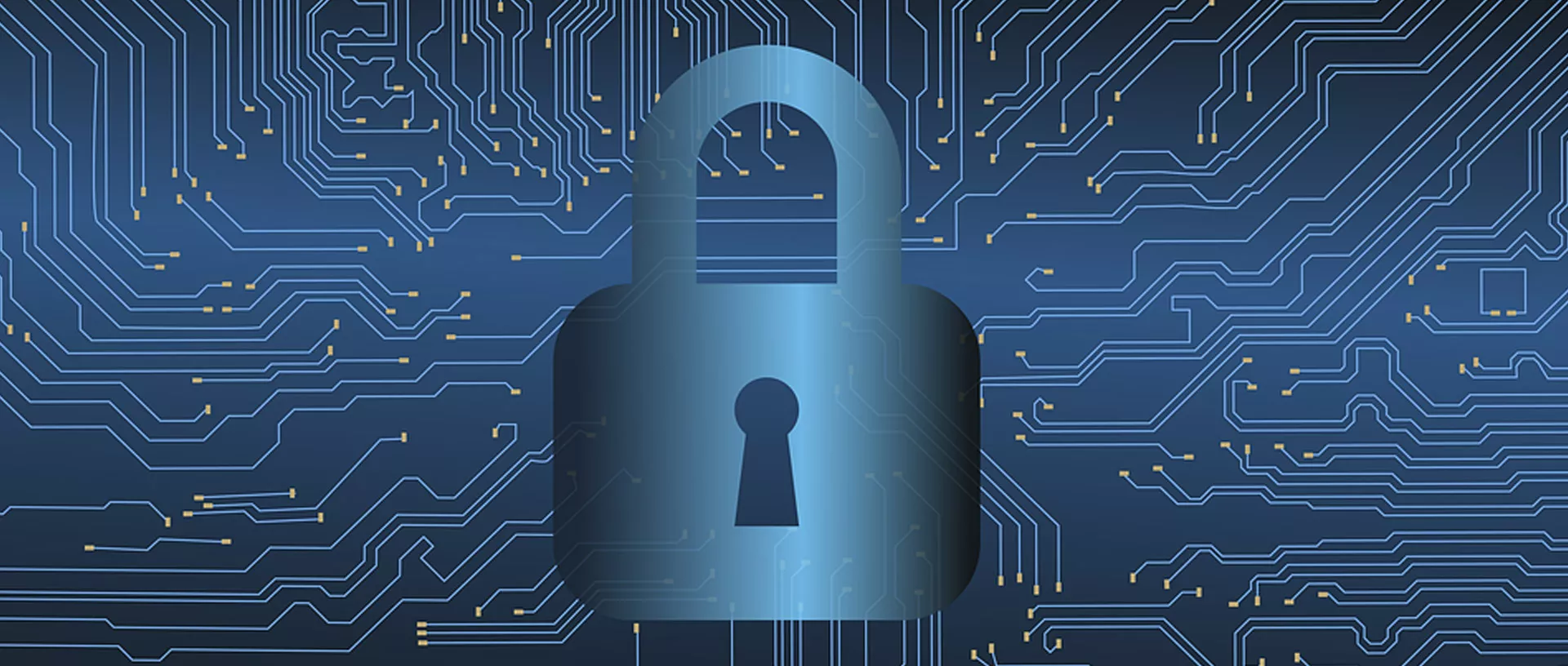
The continuous use of the Internet in our daily lives has meant that we are continuously exposed to the various dangers of the network. Just as we are, so are companies, which store gigabytes and gigabytes of relevant and confidential information from other companies and customers. This is where the concern for cybersecuritywhich is "the ability to minimise the level of risk to which information is exposed to threats or incidents of a cybernetic nature", as ConectaSoftware explains.
So, is my data at risk?
The answer is yes and no. If you follow a series of basic tips, you will greatly reduce the possibility of suffering a cyber-attack... although sometimes there is nothing we can do to prevent it. Various cybersecurity media explain that installing secure software, keeping both the operating system and installed applications up to date and creating strong passwords can be an important defence against a possible cyberattack.
If you are the owner of a company, it is also advisable to give your employees a series of instructions in order to reduce the chances of suffering an attack as much as possible. For example, avoid giving out confidential information over the Internet, whether it is company or customer data; use electronic devices with antivirus software and, above all, seek expert advice.
As Deepak Daswani, a hacker and former advisor to the INCIBEThere are three main motives: financial gain, control of information and hacktivism. On the latter reason, Daswani points out that "although they commit crimes, their aim is not to steal information or money, but to vindicate a cause or idea".
Last year, McAfee, a software company specialising in computer security, published a report which showed how much companies lose each year because they fail to take cybersecurity precautions. McAfee puts the loss at almost €600 billion, equivalent to 0.8% of global GDP and far higher than the 2019 figure of €445 billion. Another fact to note: the theft of intellectual property during cyberattacks accounts for at least 25% of cybercrime.
For her part, the regional director of McAfee in Spain and Portugal, María Campos, said that "we are seeing that cybercrime, far from stopping or diminishing, has become a growing, tireless and incessant activity". These statements are supported by Daswani, who said that "today, cybercrime moves more money in the world than drug trafficking, arms smuggling or human trafficking". All this data confirms that cybercrime is a real problem, not a 'ploy' for companies to generate business.
If you are still interested in the cybersecurity and cyberdefence sector, IMMUNE offers 2 courses on cybersecurity and cyberdefence. The first one is the master's degree in Cybersecurity in Madridand the second of these is the online master's degree in cybersecurity. In addition, and if you have not yet started in the world of new technologies, at IMMUNE we have a degree in software engineering.